A Year of Achievement for Australia Tire Recycling
Annual report shows growing local demand for tire-derived products and new potential for 2022 markets
Tyre Stewardship Australia (TSA) opens its 2021 Annual Report with a look forward saying the focus for the next twelve months is on ensuring that retailers, importers, vehicle manufacturers, recyclers and collectors are accountable and contributing to a sustainable end-of-life tire value chain.
This look forward builds on significant achievements realized in 2021 along with TSA’s fresh commitment to resolving the issue of end-of-life tires in Australia. It also showcases what TSA has achieved and its vision for the future.
Despite a year of challenges, TSA completed and released its latest Strategic Plan with a goal to increase recovery rates for end-of-life tires (ELTs). In addition, TSA made connection with and garnered participation from the tire importing and vehicle manufacturing sectors of the tire industry.
 In a landmark commitment, several major off-the-road (OTR) tire importers committed to joining TSA’s voluntary Tyre Product Stewardship Scheme beginning January 2022.
In a landmark commitment, several major off-the-road (OTR) tire importers committed to joining TSA’s voluntary Tyre Product Stewardship Scheme beginning January 2022.
About 140,000 tons of OTR tires are sold into the Australian market each year of which less than 15 percent are recovered as a resource at the end of their useful life, the majority ending up buried on site, dumped or landfilled, TSA said.
The Scheme levy is based on $0.25 per equivalent passenger unit, resulting in a final levy for OTR tires starting at $0.75 for a small agriculture tire to $50 for a large earth moving mining tire.
The report highlights strengths, including over $7 million invested in market development projects and a new focus on off-the-road tires (OTR) and related rubber products.
Early in the year, TSA was awarded a federal grant to initiate work in the recovery of large mining tires from remote sites and explore the feasibility of recovering conveyor belts used in mining operations. The grant will fund a two year process designed to improve resource recovery of end-of-life OTR , conveyor belts and related rubber products in the mining, agriculture, aviation and construction sectors. As part of the grant, researchers will conduct a global study of OTR tire and related rubber products markets, including other stewardship schemes, incentives and investment programs to improve recovery rates and factors that have contributed or hindered their growth.
According to the report, TSA’s 2020-21 market development strategy to create local demand for tire-derived products is reflected in its work in the road sector with four major projects launched in late 2020 and extending to early 2021.
To stimulate demand for end-products, TSA helped fund tire processing plant upgrades to increase the volume and quality of crumb rubber binders, resulting in an additional 15,000 tons of Australian crumb rubber consumed per year.
TSA approved other investments to allow seven local councils to start using crumb rubber in construction of their roads. With 85 percent of roads managed by local councils the influence of local government is central to growing the use of crumb rubber in Australia’s road network, the report said.
Over a two year period, TSA has funded local councils and other eligible organizations with almost $500,000 to drive the use of crumb rubber in low traffic asphalt roads.
TSA was also instrumental in bringing to market an innovative permeable paving product that utilizes tire-derived crumb. The material is now marketed through Porous Lane, a new company operating in this sector.
With Australia facing an export ban passed by the Australian government and set to become effective in December, TSA has been actively working to offer support to operators impacted by the impending ban.
This ban will prohibit the export of most whole and baled tires starting Dec. 1, 2021
Specifically, TSA has extended support to the industry through the TSA Baler Transition Program, conducting various discussions and forums with individual operators and State-based round tables with operators facilitating the opportunity for industry stakeholders to hear directly from regulators on approval requirements, availability of grant funding and support for the preparation of necessary submissions.
With the ban fast approaching, TSA expects to continue working with Government to understand important details of the implementation, such as export codes and licensing procedures.
© Scrap Tire News, November 2021






